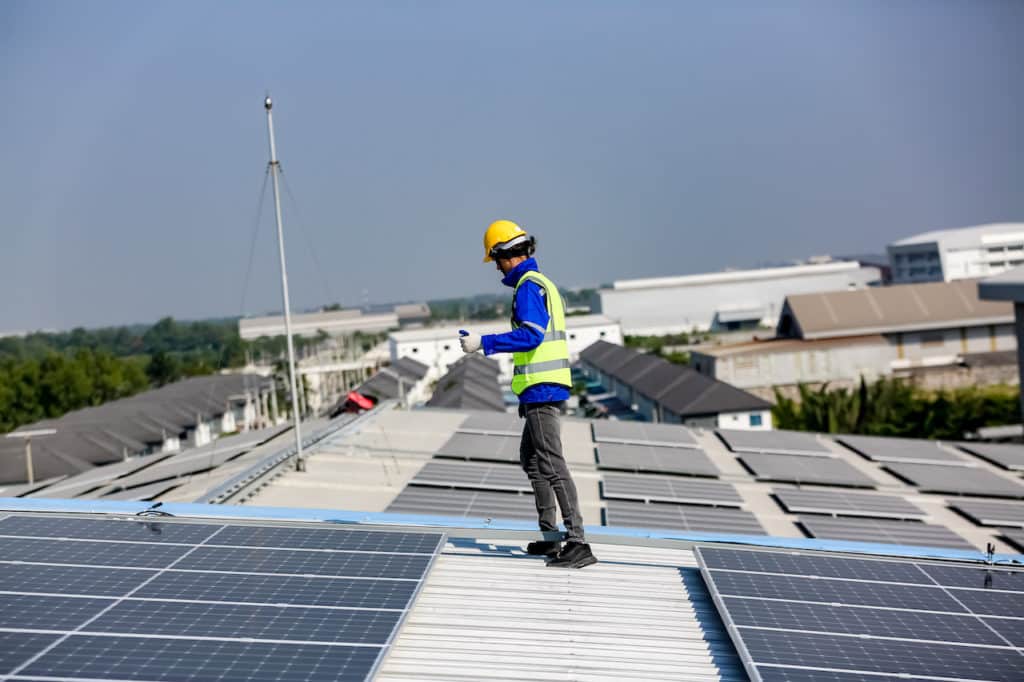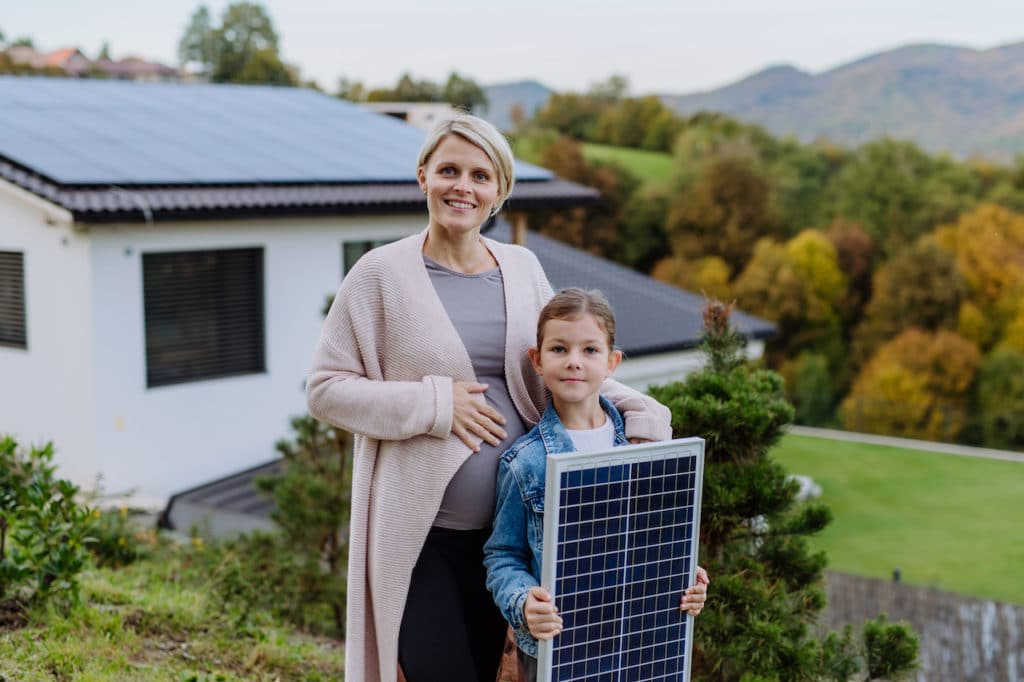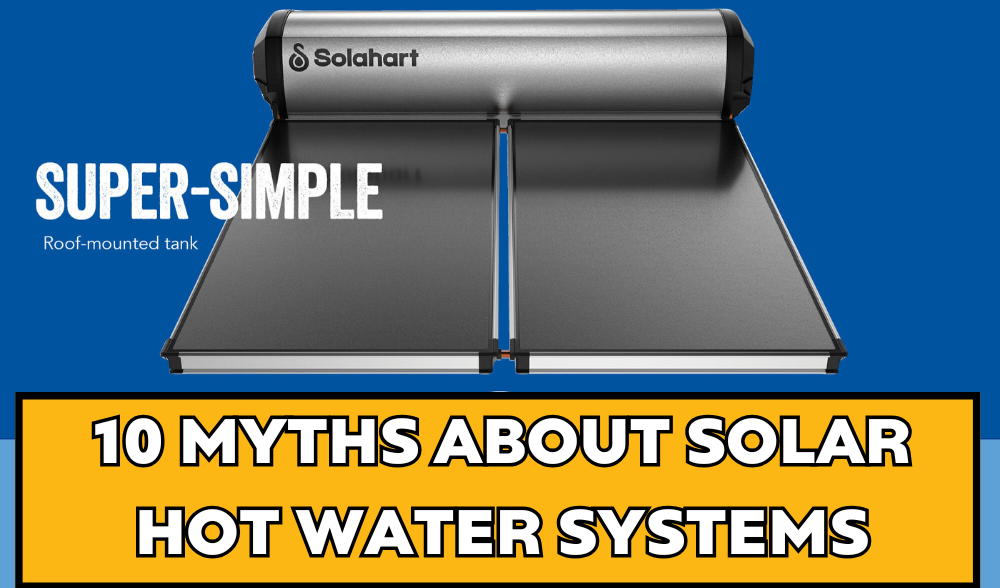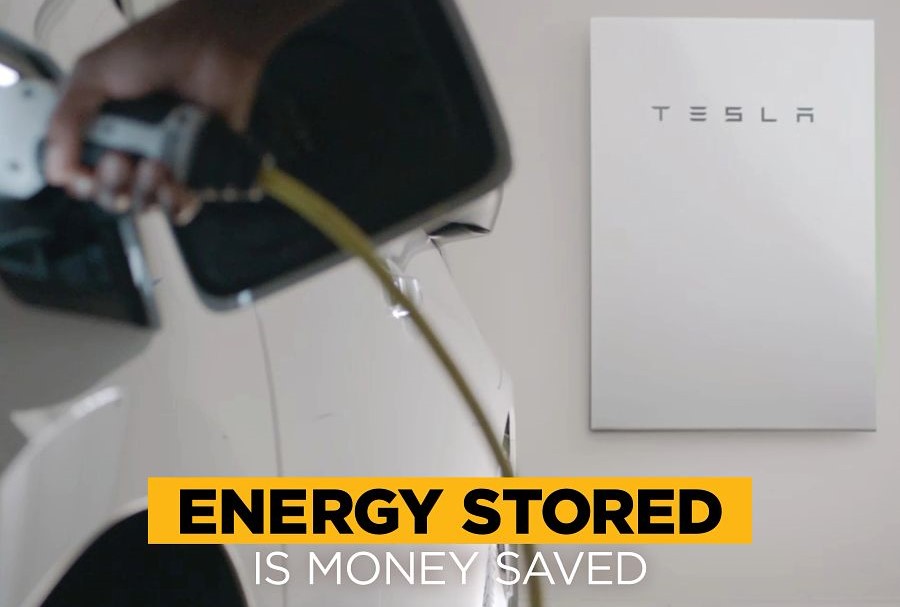As Australians become more environmentally conscious, many homeowners are opting to install renewable energy sources like solar panels on their roofs. While this is a fantastic step forward in reducing the carbon footprint, it’s essential to consider how it might affect other aspects of homeownership, such as insurance premiums.
Installing panels on your roof could have implications for your home insurance policy, given the changes that come with it. This blog post explores how installing panels on your roof affects your home insurance premiums and other considerations you should keep in mind.

How Solar Panels May Affect Your Home Insurance Premiums
Solar panels may increase the value of your home.
Solar panels can significantly increase the value of your property, especially with homeowners seeking out more sustainable homes. Like any major change to your home, you will need to advise your home insurance provider of your new solar system, which may increase your insurance premiums to ensure they can cover you for any loss.
When you update your insurance provider on your solar panels, they may revalue or reinspect your property to ensure they’re correctly covering your property. This may be a good time to shop around for insurance and ensure you’re getting the best deal.
Solar may impact your other insurance claims.
A significant issue that might arise from installing solar panels on your roof is the impact it might have on other claims. For example, if your solar panels cause any issues or pose a risk, like fires or electrical accidents, you might not be covered by your insurance policy if it hasn’t been updated to include solar panels.
When you update your insurance to cover your solar panels, ensure you’re also covered for any potential incidents, such as fire caused by or affecting your solar system, or even how floods may damage your solar system.
Again, any time you update your insurance is a good time to check you’re getting the best coverage and price for your home.

You may need to pay extra for full coverage.
Every insurance provider is different, and while one may cover you completely for all damage to your solar panels, others will only give you the basics. Not all types of damage are automatically covered, especially for solar panels, and while some may charge extra for this coverage, some may not make it available at all.
When updating your insurance policy, ensure you are covered for:
- Flood damage.
- Accidental damage.
- Unoccupied homes.
- Components covered by warranty.
Downloading an insurance provider’s PDS (or Product Disclosure Statement) will give you a full list of inclusions and any exceptions. You do not need to be a current customer to access a PDS, so it should be a step to include in your comparison of different providers.
You may not be able to get solar insurance.
In some circumstances, you may not be able to get insurance for your solar panels. There are a number of reasons this may be the case, such as if the house is not yet completed but has solar you’d like to cover or if you’re in a strata (like a complex or apartment).
There have been cases where under-by-laws solar panels are not covered by the building insurance but a homeowner’s insurance company will not cover them individually or under contents. An insurance broker will be able to help you with any difficult cases.
Before installing solar panels, ensure you talk to your insurance provider about if they will cover you and for what to ensure you’re not left in the lurch when you need it most.
Frequently Asked Questions About Home Insurance & Solar Panels
Will my insurance cover my solar panels?
Your home, building and contents insurance should cover your solar panels. However, it is important to check what you are covered for and in what circumstances you are covered. For instance, are you covered for accidental damage, weather events (like storms, floods, hail and bushfires) or deliberate damage (like arson).
Not all insurance policies are made equal so ensure you ask for a full list of what your current provider covers you for. If you are not fully covered, it may be time to shop around for a new insurance provider.
What is an insurance premium?
An insurance premium is the amount of money an individual or business pays for an insurance policy. It is the price you pay for the policy, and it varies based on the type of insurance you buy.
In Australia, insurance premiums are paid for policies that cover healthcare, auto, home and life insurance. Once earned, the premium is income for the insurance company. Policyholders may choose from several options for paying their insurance premiums, including monthly, semi-annually or annually. The price of your premium depends on the type of insurance you buy, such as life, renters, auto, or homeowners.






